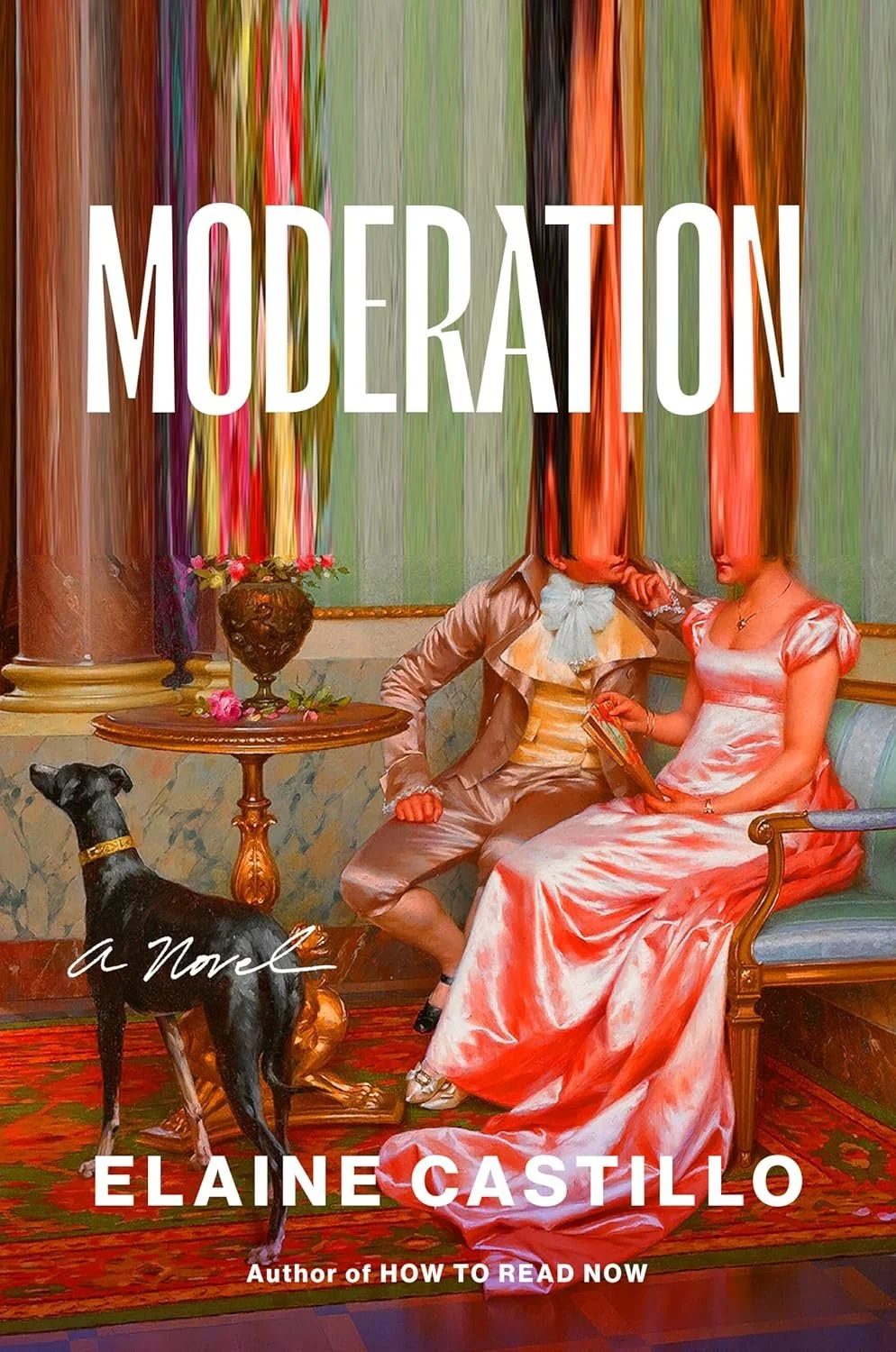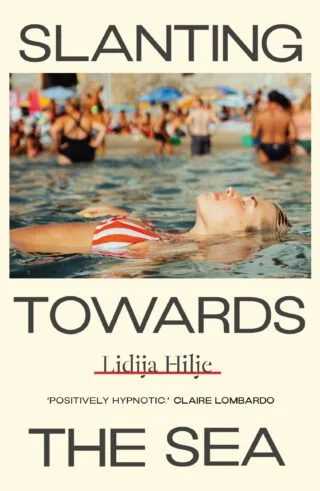Learned by Heart, Emma Donoghue
‘Really, the two girls could not be more different, but they fit together like pieces of a puzzle’.
My only previous knowledge of Anne Lister was from the HBO series, ‘Gentleman Jack’, in which Suranne Jones plays Lister in her adulthood; however, Learned by Heart, Emma Donoghue’s latest novel, focuses on Anne’s time at a boarding school in York during her teenage years, where she becomes fast friends and romantically intertwined with fellow student, Eliza Raine. Donoghue, the Irish author known for such novels as Room and The Wonder, guides us back to the 1800s, to the halls of the Manor School in York, which prides itself on traditional expectations of young women. At this institution, the girls are taught manners, life skills and, most importantly, how to become a good wife for their future husbands. The narrative centres around Eliza – an intriguing figure who has been forgotten by history.
Donoghue’s research and fascination with Lister started in 1990 when she spotted, I Know My Own Heart, Anne Lister’s personal journals, in a bookshop window. In her author’s note, Donoghue explains how she has always been intrigued by Lister’s life and how little information there was about Eliza Raine. And so, Donoghue brings this character into existence, proving that she is just as captivating as her counterpart. Eliza comes across as sharp, nuanced, cultured and endearingly innocent, and when Anne enters the picture, Eliza is captivated by both her presence and difference.
Anne Lister emerges at the boarding school as a magnetic and bold personality. She is an audacious student who is not afraid to speak her mind. Her intelligence and unique disposition set her apart and she outwits both her peers and instructors. Anne's charm is heightened by her defiance of societal norms, and she is aware that she will not inherit her family’s estate, Shibden Hall, unless she fights for it. Anne does so proudly, which is what attracts Eliza to this determined woman. While Lister is proud and happy to outwardly show who she truly is, Eliza is still learning. As such, their relationship grants Eliza the freedom to embrace her authentic self, and Donoghue unearths their passionate relationship through a tapestry of haunting prose and intimate letters exchanged between the two over many years.
Against the backdrop of a society constrained by specific gender roles, Donoghue’s new novel masterfully weaves the complexities of identity and engages the reader with a poignant narrative. The challenges of queerness in the context of the 1800s are unimaginable, yet Eliza and Anne’s love for each other shines through Donoghue’s tender novel.
Editorial Picks




